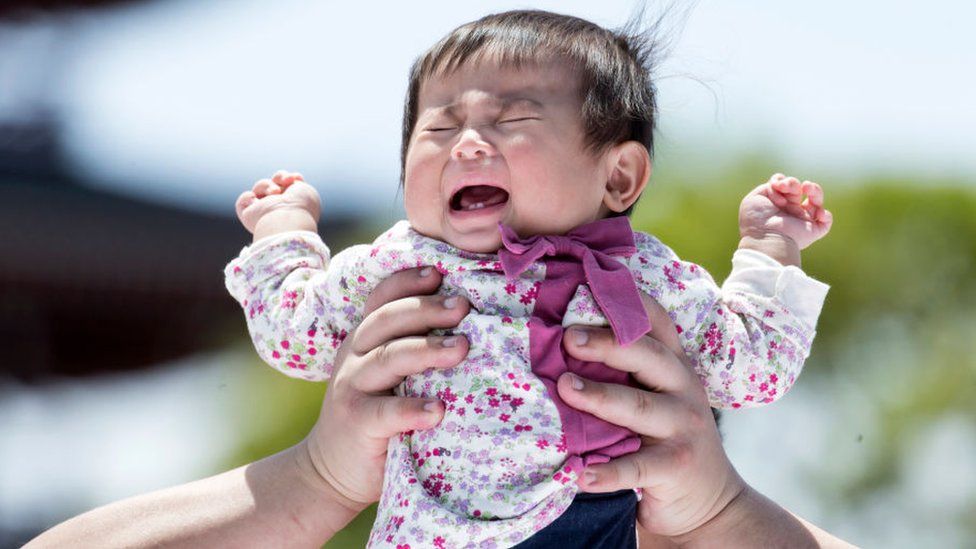 Image source, Getty Images
Image source, Getty Images
Births are at an all-time low in Japan, while its elderly population is growing
By Mariko Oi
Business reporter
A Japanese nappy maker has announced that it will stop producing diapers for babies in the country and, instead, focus on the market for adults.
Oji Holdings is the latest firm to make such a shift in a rapidly ageing Japan, where birth rates are at a record low.
Sales of adult nappies outpaced those for infants in the country for more than a decade.
The number of babies born in Japan in 2023 - 758,631 - was down by 5.1% from the previous year.
It was also the lowest number of births on record in Japan since the 19th Century. In the 1970s, that figure stood at more than two million.
In a statement, Oji Holdings said its subsidiary, Oji Nepia, currently manufactures 400 million infant nappies annually. Production has been falling since 2001, when the company hit its peak - 700 million nappies.
Back in 2011, Japan's biggest diaper maker, Unicharm, said its sales of adult diapers had surpassed those for babies.
Meanwhile, the adult diaper market has been growing and is estimated to be worth more than $2bn (£1.6bn). Japan now has one of the world's oldest populations, with almost 30% of them aged 65 or older. Last year, the proportion of those aged above 80 surpassed 10% for the first time.
Oji Holdings also said it would continue to make baby diapers in Malaysia and Indonesia where it expects demand to grow.
A shrinking population, the result of both ageing and plummeting birth rates, has become a crisis for Japan, the world's fourth-largest economy. But the Japanese government's efforts to address these challenges have met with little success so far.
Increased spending on child-related programmes and subsides targeting young couples or parents don't appear to be boosting birth rates. Expert say the reasons are complex, ranging from lower marriage rates and more women joining the workforce, to the increased costs of raising children.
"Japan is standing on the verge of whether we can continue to function as a society," Prime Minister Fumio Kishida said last year, adding that it was a case of "now or never".
But Japan is not alone. Fertility rates have also been dropping in Hong Kong, Singapore, Taiwan and South Korea, the last of which has the lowest birth rate in the world.
China too saw its population fall for the second year in a row in 2023 and, like Japan, has introduced various incentives to boost birth rates. But an ageing population and the impact of a decades-long one child-policy, which ended in 2015, are creating demographic challenges in China too.


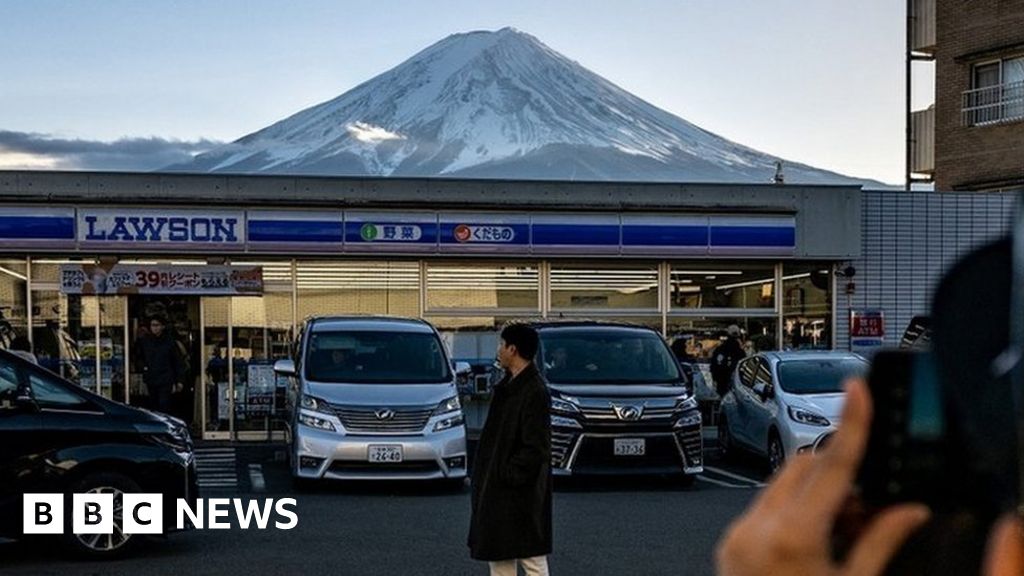

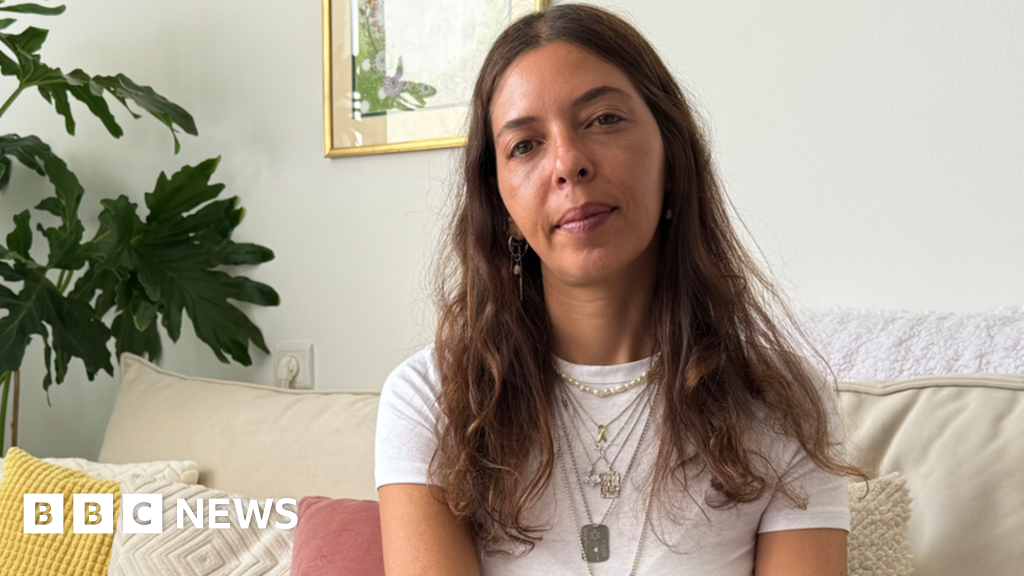
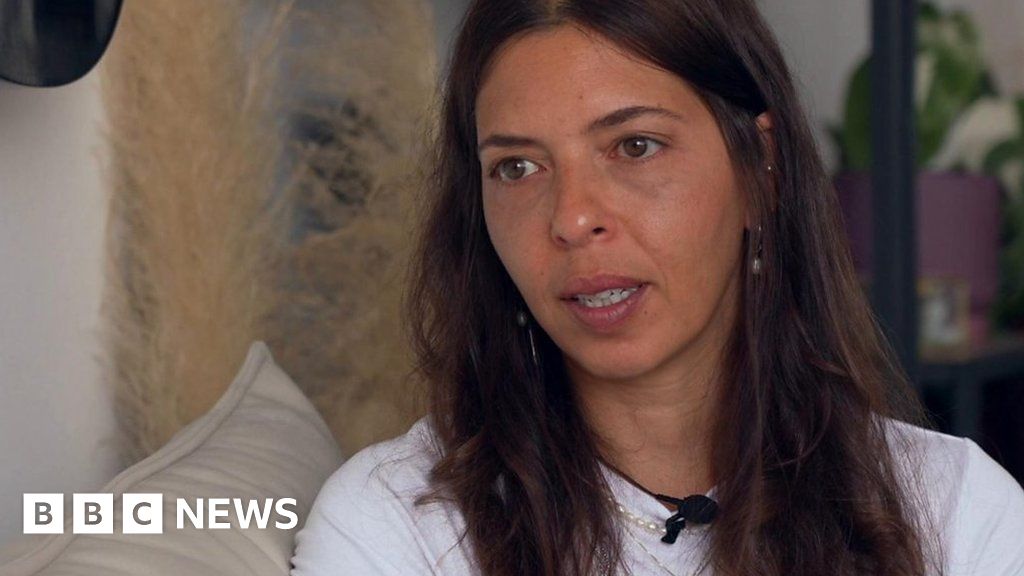
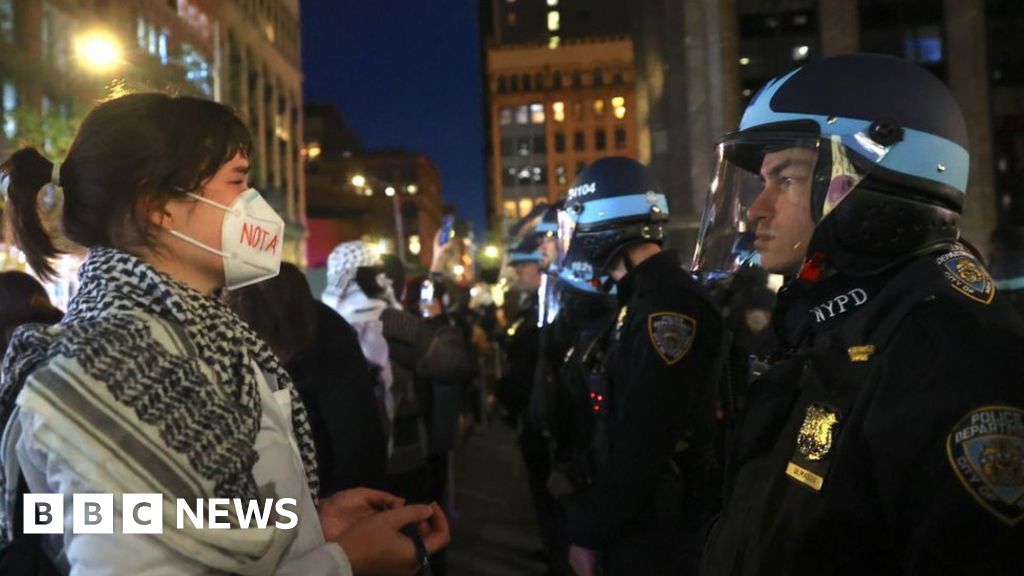





 English (US) ·
English (US) ·  Turkish (TR) ·
Turkish (TR) ·